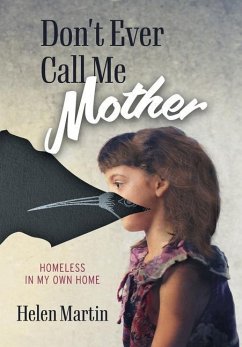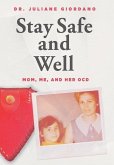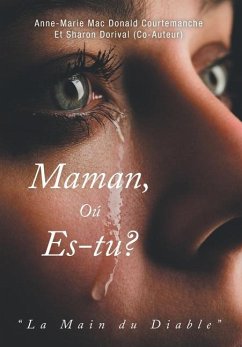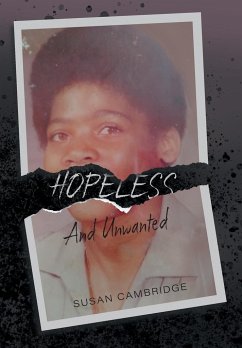The first six years of Helen Martin's life, living on a Saskatchewan farm in the 1950s, were idyllic. But everything changed when her mother passed away. The sudden and inexplicable cruelty and neglect that Helen endured at the hands of her stepmother-a much younger woman her father married within months of being widowed-are the subject of this distressing, but ultimately triumphant, memoir: Don't Ever Call Me Mother: Homeless in my Own Home. In a voice that is clear, courageous, guileless, honest, and hopeful, Helen captures the innocence and bewilderment of her childhood. She shares with readers the various ways in which she managed to cope and endure the terrible trauma of her youth. At the same time, Helen uses the pages of this memoir to pay homage to her Ukrainian culture and traditions. She especially highlights the few individuals who offered her kindness and support at a time when she was so often hungry, cold, lonely, bruised, and unwashed: her two older sisters, a couple of neighbours, and an elderly hobo who became her best friend. Such unexpected and enriching relationships make all the difference in a young life and are explored here with feeling. This beautiful memoir serves as both a testament to the author's resilience and a reminder that childhood abuse of any kind must never be tolerated.
Hinweis: Dieser Artikel kann nur an eine deutsche Lieferadresse ausgeliefert werden.
Hinweis: Dieser Artikel kann nur an eine deutsche Lieferadresse ausgeliefert werden.








